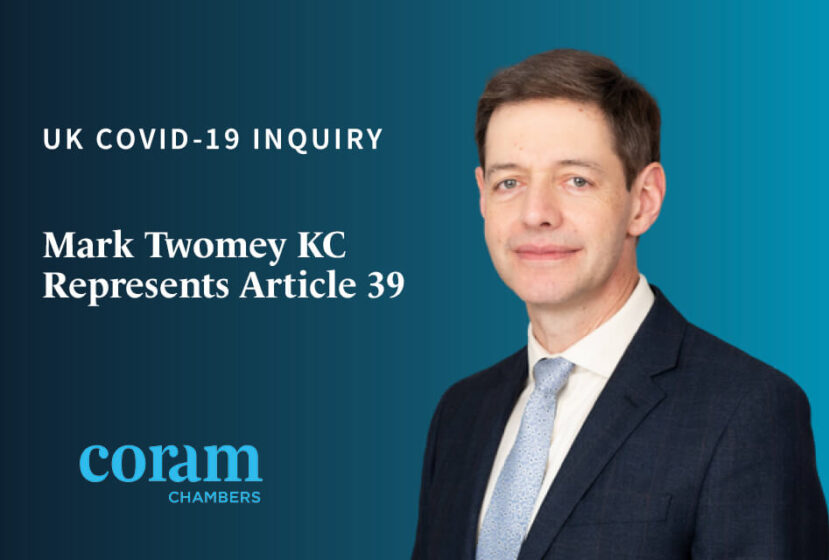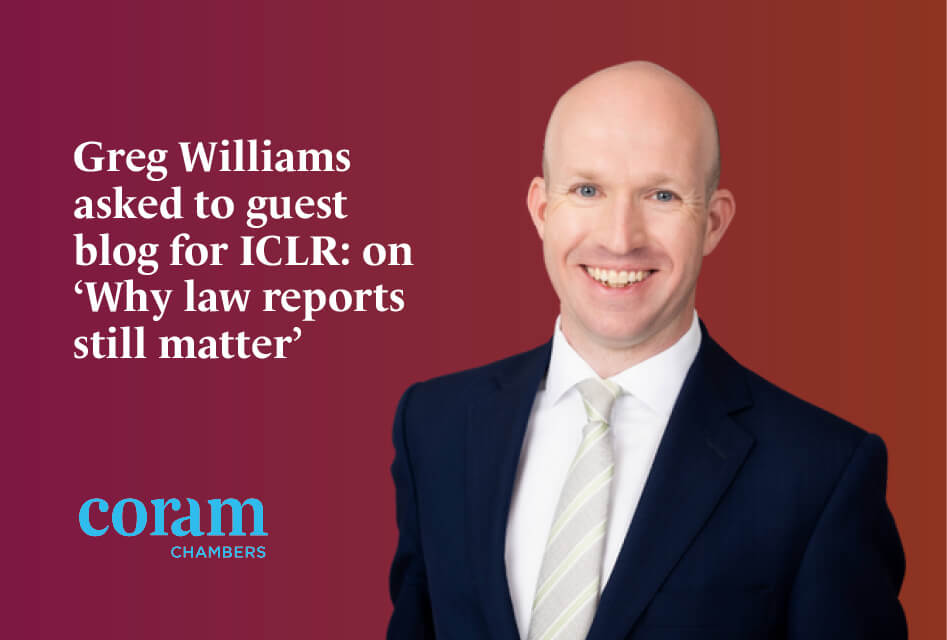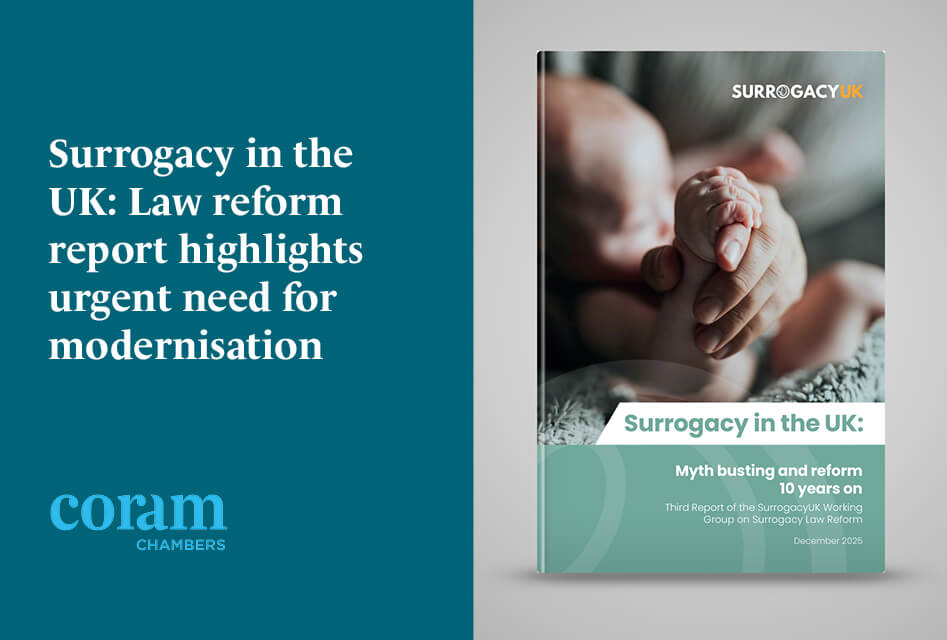
The UK Covid-19 Inquiry today opens its Module 8 hearings, bringing the national spotlight to bear on the impact of government decision-making during the pandemic on children and young people.
Representing children’s rights charity Article 39 for this crucial phase is Mark Twomey KC, barrister and co-head of Coram Chambers, who joins legal colleagues from Irwin Mitchell and Doughty Street Chambers.
Mark is instructed by Oliver Student of Irwin Michell and assisted by Mary-Rachel McCabe. Over the coming four weeks, the Inquiry will hear evidence from a diverse range of organisations and individuals. The focus is firmly on how the actions – and inactions – of the government affected children in care, care leavers, children in prison, and those in contact with the immigration system.
The Inquiry will scrutinise the extent to which ministers consulted statutory children’s rights bodies, including the four Children’s Commissioners across the UK, before introducing policies that fundamentally altered the rights and well-being of children.
Article 39’s involvement as a core participant grants the charity access to all Inquiry evidence, as well as the opportunity to submit arguments and question witnesses. This follows Article 39’s successful 2020 legal challenge against the government’s failure to consult the Children’s Commissioner and other rights groups prior to enacting emergency legislation that weakened legal protections for vulnerable children at the height of the pandemic.
In a June preliminary hearing, the Inquiry confirmed it will examine not only the processes by which children’s experiences informed government policy, but also the legal obligations ministers have to consult children’s rights watchdogs. As lead counsel to the Inquiry, Clair Dobbin KC stated that the committee is actively pursuing answers to these points, highlighting the unique impact of the pandemic on children’s rights.
Carolyne Willow, senior children’s rights advisor at Article 39, emphasised that thousands of vulnerable children suffered as a result of the government’s approach, pointing to the loss of safeguards for those entering care and the hardships faced by children in institutional settings. Oliver Studdert of Irwin Mitchell echoed these concerns, insisting that children’s rights are not optional but legal duties that must be upheld, even – and especially – in times of crisis.
As Mark continues his advocacy for Article 39, the hearings represent a vital opportunity to ensure that lessons are learned and that children’s rights are embedded at the heart of future emergency planning. The next four weeks promise not only to reckon with the past but to shape the future of children’s policy in the UK.


